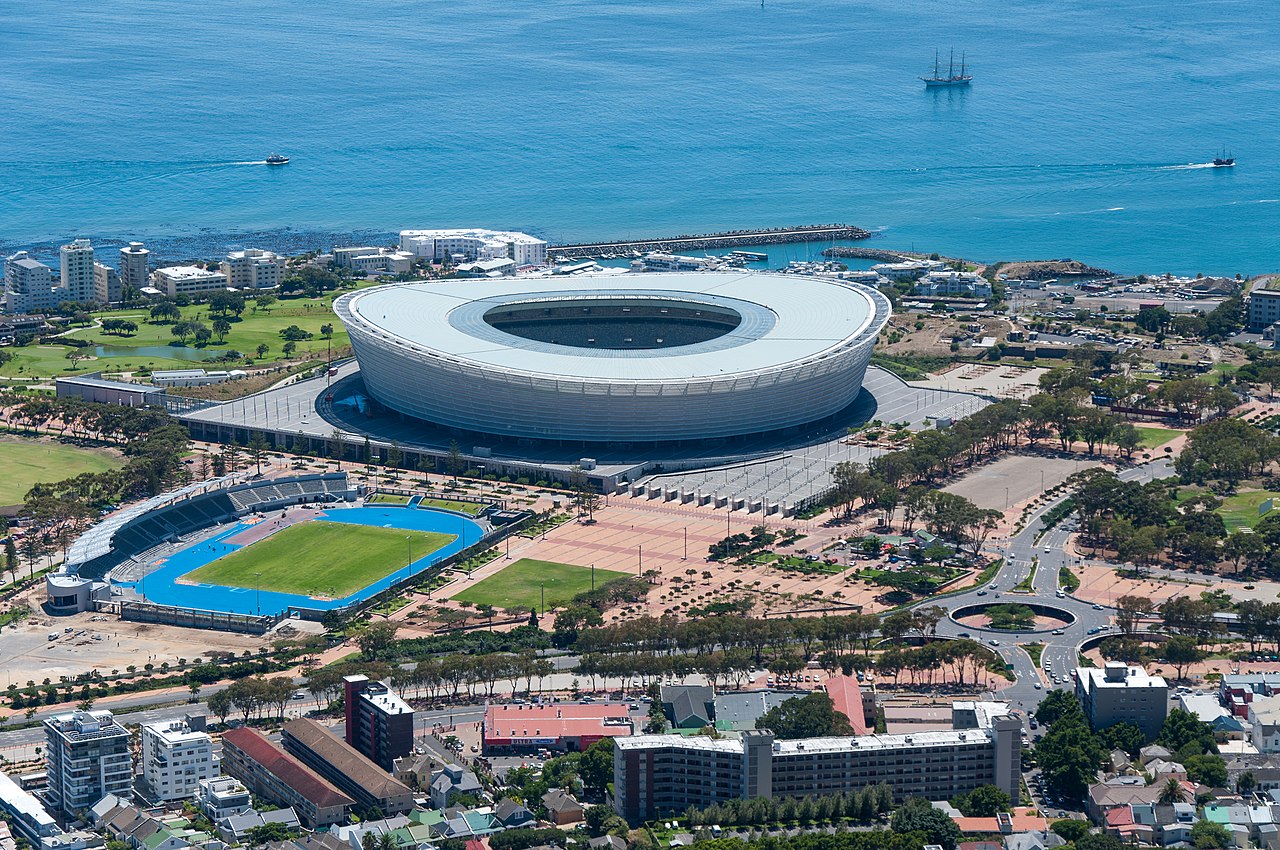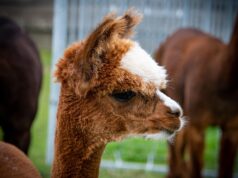Here are the top 20 countries with the highest unemployment rate in 2021
| Country | Unemployment rate |
|---|---|
| South Africa | 33.56% |
| Djibouti | 28.39% |
| Eswatini | 25.76% |
| West Bank and Gaza | 24.9% |
| Botswana | 24.72% |
| Lesotho | 24.6% |
| Congo, Rep. | 23.01% |
| Gabon | 22.26% |
| Namibia | 21.68% |
| St. Vincent and the Grenadines | 21.62% |
| Armenia | 20.9% |
| Somalia | 19.86% |
| Sudan | 19.81% |
| Libya | 19.7% |
| Jordan | 19.6% |
| Montenegro | 19.4% |
| Costa Rica | 18.8% |
| St. Lucia | 18.7% |
| Tunisia | 18.5% |
| New Caledonia | 18.4% |
Some sentences for each country are:
- South Africa has the highest unemployment rate in the world, mainly due to the impact of the COVID-19 pandemic, structural issues, and social unrest.
- Djibouti is a small country in the Horn of Africa that suffers from high poverty, low education, and limited economic opportunities.
- Eswatini, formerly known as Swaziland, is a landlocked monarchy that faces challenges such as HIV/AIDS, drought, and inequality.
- West Bank and Gaza are Palestinian territories under Israeli occupation that face political instability, violence, and restrictions on movement and trade.
- Botswana is a landlocked country in Southern Africa that has a relatively stable democracy and a diamond-based economy, but also struggles with high inequality, HIV/AIDS, and youth unemployment.
- Lesotho is a mountainous enclave within South Africa that depends heavily on remittances, textile exports, and water sales, but also suffers from poverty, malnutrition, and HIV/AIDS.
- Congo, Rep. is a Central African country that has abundant natural resources, especially oil, but also faces political instability, corruption, and poor infrastructure.
- Gabon is a West African country that has one of the highest GDP per capita in Africa due to its oil wealth, but also faces inequality, environmental degradation, and social unrest.
- Namibia is a Southern African country that has a diverse economy based on mining, agriculture, tourism, and manufacturing, but also faces challenges such as land reform, poverty, and HIV/AIDS.
- St. Vincent and the Grenadines is a small island nation in the Caribbean that relies on tourism, agriculture, and remittances, but also faces vulnerability to natural disasters, such as hurricanes and volcanic eruptions.
- Armenia is a landlocked country in the Caucasus region that has a history of conflict with its neighbors, especially Azerbaijan over the disputed territory of Nagorno-Karabakh.
- Somalia is a war-torn country in the Horn of Africa that has been plagued by violence, famine, piracy, and terrorism for decades.
- Sudan is a large country in Northeast Africa that has undergone a political transition after the ouster of longtime dictator Omar al-Bashir in 2019, but also faces economic crisis, civil war, and humanitarian emergencies.
- Libya is a North African country that has been in turmoil since the overthrow of Muammar Gaddafi in 2011, resulting in political fragmentation, armed conflict, and human rights violations.
- Jordan is a Middle Eastern country that has a strategic location and a moderate political system, but also faces economic challenges such as high debt, low growth, and high dependency on foreign aid and remittances.
- Montenegro is a small Balkan country that became independent from Serbia in 2006 and joined NATO in 2017, but also faces issues such as corruption, organized crime, and ethnic tensions.
- Costa Rica is a Central American country that has a reputation for being a peaceful democracy with high environmental standards and social welfare, but also faces problems such as fiscal deficit.
- St. Lucia is a Caribbean island that has a tourism-based economy, but also faces challenges such as high debt, low competitiveness, and climate change.
- Tunisia is a North African country that sparked the Arab Spring in 2011 with its democratic transition, but also faces difficulties such as social discontent, security threats, and economic stagnation.
- New Caledonia is a French overseas territory in the Pacific Ocean that has a rich biodiversity and a nickel-based economy, but also faces political uncertainty over its future status and social inequality between indigenous and non-indigenous populations.
Facebook Comments

































